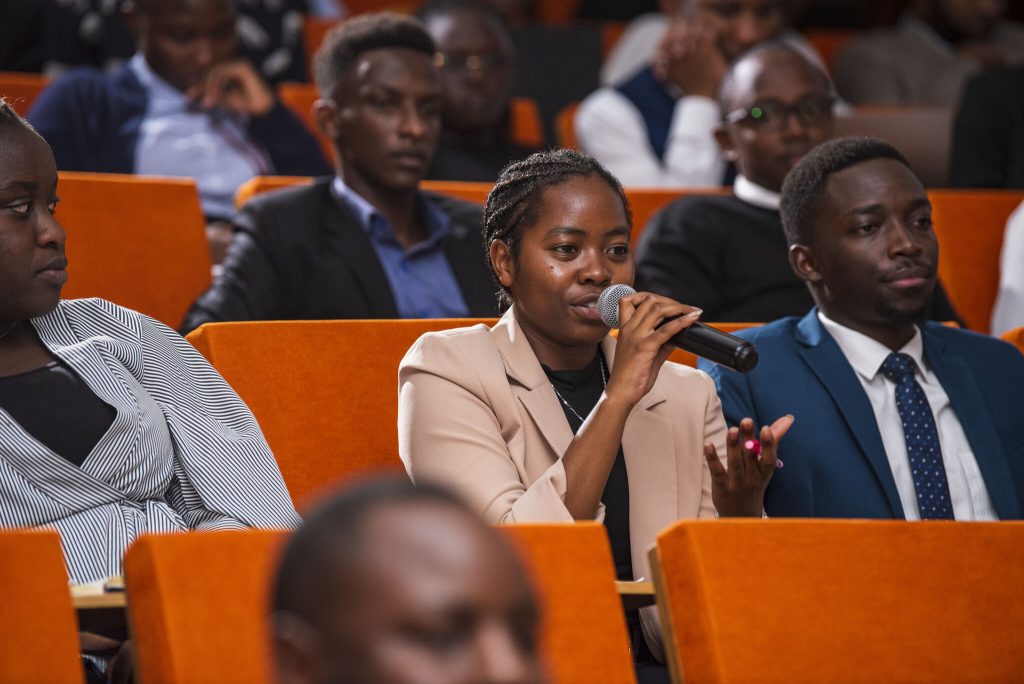It’s looking positive in the world of women in Africa these days. UNECA says that women score 50.3% in equality across the economic, social, and public representation. Not only have the rates of women and girls’ enrolment in primary, secondary, and tertiary education increased; but the retention is also higher – a trend being seen in the workforce too.
Now that the numbers are there; the real work of fighting systemic barriers needs to happen to ensure that women also hold their own when it comes to negotiating wages, being in workplaces that are friendly to women psychologically, mentally, and biologically. It also means the work of undoing the competitive mentality of ‘the first’ needs to happen – or else evil little behaviours of women holding back women starts to creep in. Of course if you don’t believe this – check this article by Harvard Business Review
Apparently, we don’t have women in politics (or at least there aren’t enough of women). So, we are failing there. But, let me give you the numbers – cos why speak without data, right?
36 elections were held in Africa in 2021. Across those 36 countries, the representation of women in parliament is 25% in 36 countries. This suggests that, in Africa, policymaking and policy negotiation is not on the basis of multiple voices and perspectives. Sorry, folks. I’m actually shaking my head.
Anyway, I’ll sign off with a graph reflecting the issues that women see as being the most important to their existence. Sadly, Gender Based Violence is top at 31.9%.

